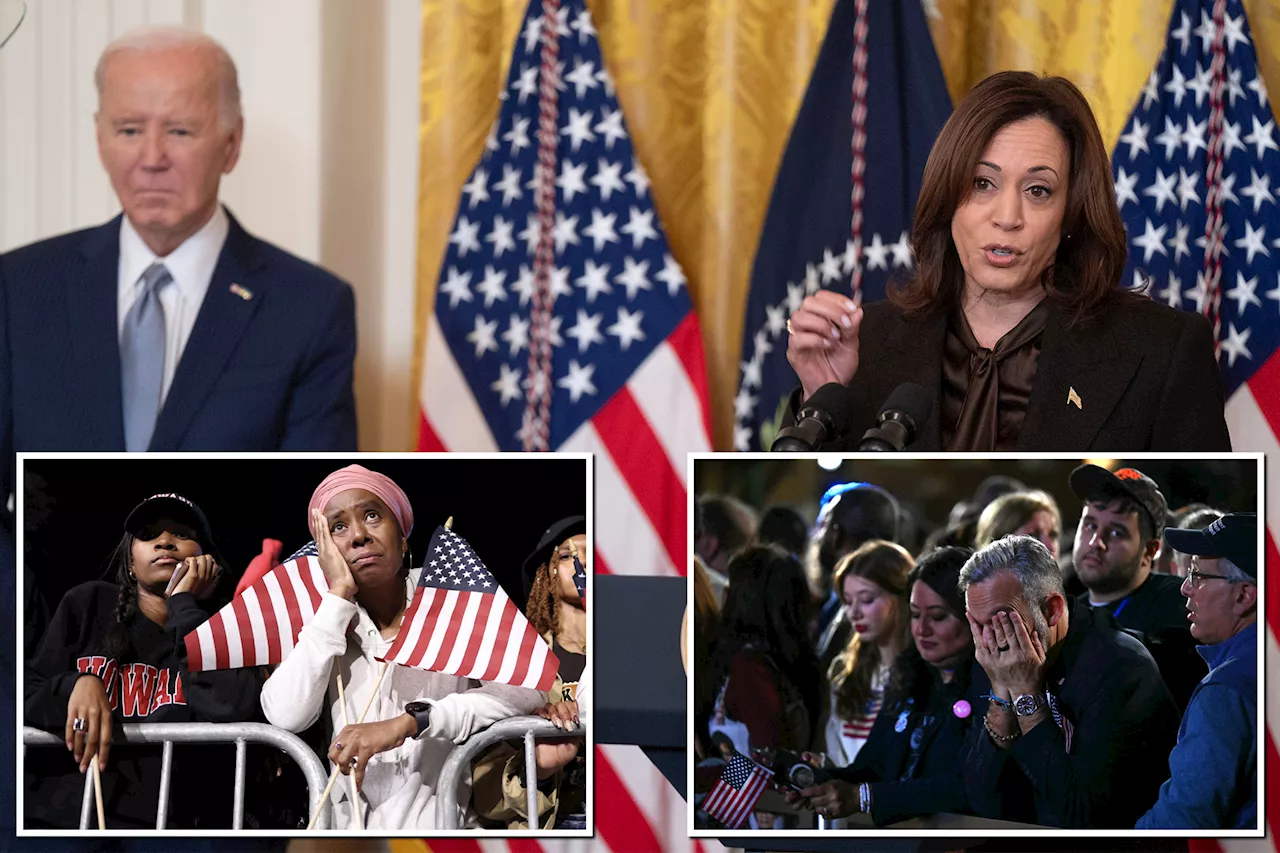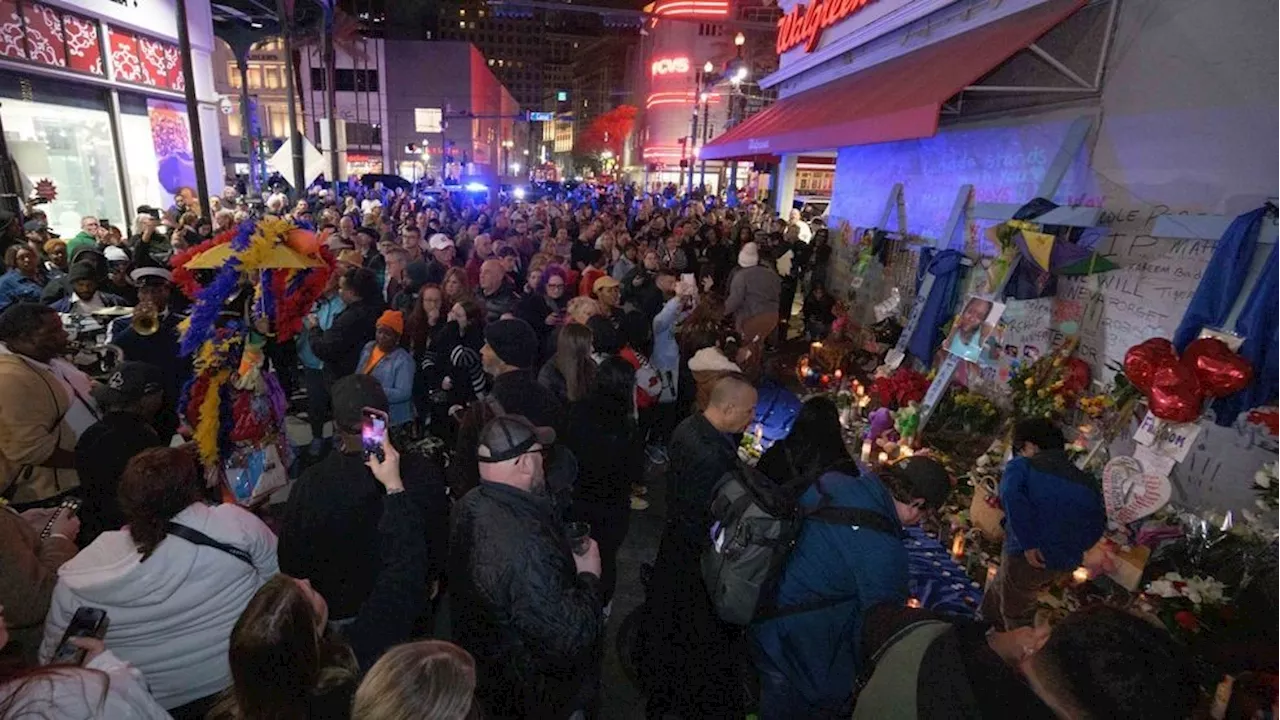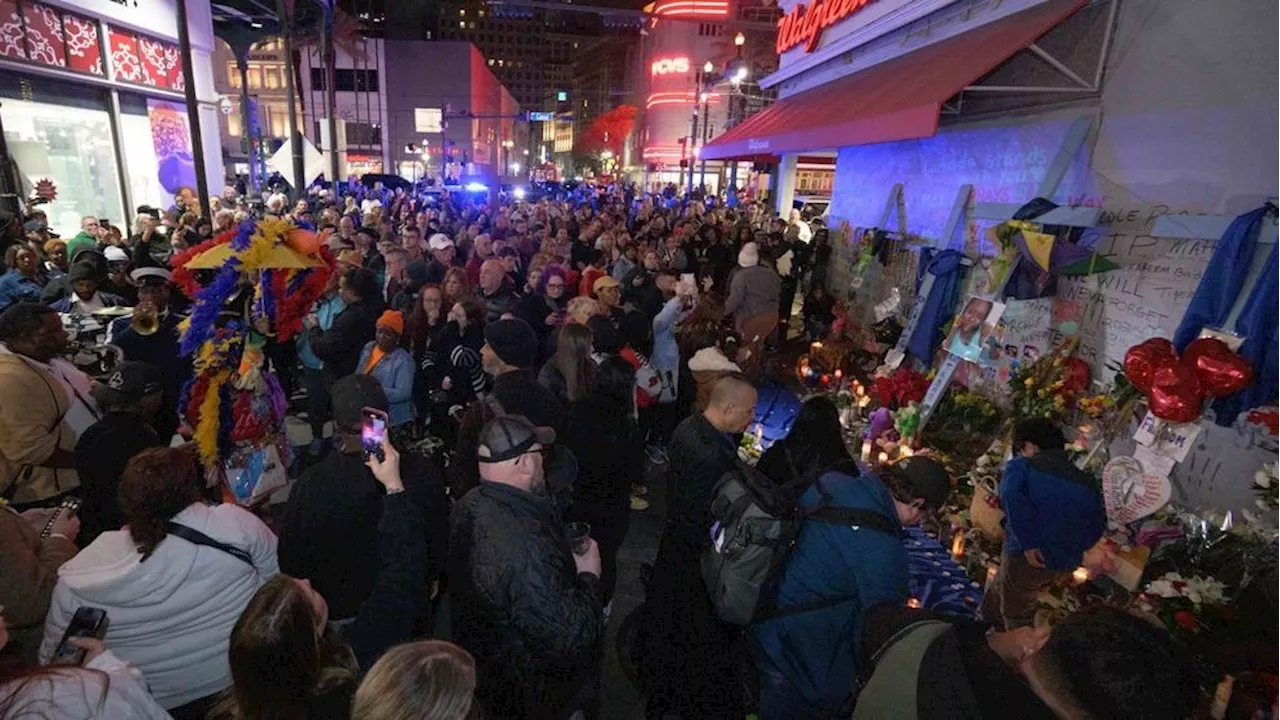This article explores why people spread conspiracy theories, drawing on the 'Adaptive Conspiracism Hypothesis' which suggests this behavior evolved as a survival mechanism in times of intergroup conflict. It examines how vigilance against perceived threats, even false ones, could benefit individuals and groups, potentially leading to increased social standing and perceived leadership.
like these have run rampant over the years. Scientists have directed considerable scrutiny in their direction to understand their characteristics, why people find them compelling, and how they can harm society.
But why do people spread conspiracy theories in the first place? While researchers have examined many dimensions of this baffling phenomenon, relatively little of that effort has been directed at trying to understand what makes people want to share them with others. Similarly, there has been only a small amount of research that considers what these conspiracy spreaders actually get out of sharing these claims as well.
Being ever suspicious of members of other groups and vigilant of possible threats from these could be beneficial to a group’s survival. It makes them more responsive to real threats and less likely to be surprised by an enemy. Of course, it would also increase the dangers of false positives: of spotting a threat where there isn’t one. However, overactive vigilance would be much less problematic to the group’s survival than a tendency to miss warning signs.
While this perspective might seem purely hypothetical, there is substantial research showing patterns in the real world that might support it. For example, conspiracy beliefs are especially prevalent among people who are predisposed to intergroup conflict . They are linked to unrealistically positive views of one’s in-group as well as equally ridiculous negative prejudices of outgroups . They flourish in social environments characterized by high levels of conflict .
These are interesting possibilities, but are they true? Part two of this series examines the research findings.Cao, S., van Prooijen, J. W., & van Vugt, M. . The motivations and reputational consequences of spreading conspiracy theories.De Zavala, A. G. . Collective narcissism and intergroup hostility: The dark side of ‘in‐group love’.Lantian, A., Muller, D., Nurra, C., Klein, O., Berjot, S., & Pantazi, M. .
Social Sciences CONSPIRACY THEORIES SOCIAL BEHAVIOR INTERGROUP CONFLICT ADAPTIVE MECHANISMS REPUTATION
United States Latest News, United States Headlines
Similar News:You can also read news stories similar to this one that we have collected from other news sources.
 The Lion King Prequel Reveals Scar's Backstory and MotivationsThe new Lion King prequel explores Scar's past, revealing his birth name, Taka, and his growing jealousy of Mufasa, which ultimately leads to his betrayal and murder.
The Lion King Prequel Reveals Scar's Backstory and MotivationsThe new Lion King prequel explores Scar's past, revealing his birth name, Taka, and his growing jealousy of Mufasa, which ultimately leads to his betrayal and murder.
Read more »
 Democrats Face Reputational Crisis as Voters See Them as 'Weak' and 'Complacent'New research from Navigator Research reveals a significant decline in the Democratic Party's reputation, even among previous supporters. Voters are increasingly perceiving the party as weak, overly focused on 'woke' initiatives, and out of touch with the concerns of the middle class. Some research participants likened the Democrats to ostriches or koalas, emphasizing their perceived inaction and lack of policy wins.
Democrats Face Reputational Crisis as Voters See Them as 'Weak' and 'Complacent'New research from Navigator Research reveals a significant decline in the Democratic Party's reputation, even among previous supporters. Voters are increasingly perceiving the party as weak, overly focused on 'woke' initiatives, and out of touch with the concerns of the middle class. Some research participants likened the Democrats to ostriches or koalas, emphasizing their perceived inaction and lack of policy wins.
Read more »
 Ranking the Top 10 MCU Villains Based on Justified MotivationsThis article explores the motivations behind some of the most compelling villains in the Marvel Cinematic Universe, ranking them based on how justified their actions were.
Ranking the Top 10 MCU Villains Based on Justified MotivationsThis article explores the motivations behind some of the most compelling villains in the Marvel Cinematic Universe, ranking them based on how justified their actions were.
Read more »
 Understanding the Roots of Catfishing: A Look at the Psychological Motivations Behind Online DeceptionThis article delves into the reasons why individuals engage in catfishing, exploring the psychological factors that contribute to this deceptive online behavior. It examines the role of loneliness, insecurity, and the desire for connection, as well as the influence of the 'online disinhibition effect' and the allure of crafting idealized online personas.
Understanding the Roots of Catfishing: A Look at the Psychological Motivations Behind Online DeceptionThis article delves into the reasons why individuals engage in catfishing, exploring the psychological factors that contribute to this deceptive online behavior. It examines the role of loneliness, insecurity, and the desire for connection, as well as the influence of the 'online disinhibition effect' and the allure of crafting idealized online personas.
Read more »
 New Orleans Attack: FBI Uncovers More Details About Motivations and PlanningThe FBI continues to investigate the January 1st truck attack on Bourbon Street, New Orleans, which killed 14 people and injured dozens more. The investigation has revealed disturbing details about the attacker, Shamsud-Din Jabbar, including his growing adherence to extremist views and his meticulous planning of the attack.
New Orleans Attack: FBI Uncovers More Details About Motivations and PlanningThe FBI continues to investigate the January 1st truck attack on Bourbon Street, New Orleans, which killed 14 people and injured dozens more. The investigation has revealed disturbing details about the attacker, Shamsud-Din Jabbar, including his growing adherence to extremist views and his meticulous planning of the attack.
Read more »
 FBI Continues Probe into New Orleans Truck Attack MotivationsThe FBI's investigation into the New Year's Day truck attack in New Orleans continues to uncover new details about the attacker, Shamsud-Din Jabbar, and his motivations. The investigation focuses on Jabbar's radicalization, his detailed planning of the attack, and any potential connections to other extremist groups.
FBI Continues Probe into New Orleans Truck Attack MotivationsThe FBI's investigation into the New Year's Day truck attack in New Orleans continues to uncover new details about the attacker, Shamsud-Din Jabbar, and his motivations. The investigation focuses on Jabbar's radicalization, his detailed planning of the attack, and any potential connections to other extremist groups.
Read more »
